Your current thinking is not feasible.
There are several things that bind you.
1, The first is the processing logic of yml expression in DevOps.
See this official document:
https://learn.microsoft.com/en-us/azure/devops/pipelines/process/runs?view=azure-devops#process-the-pipeline
From the first sentence given, we know your yml will be expanded like this:
parameters:
- name: Var1
displayName: Testing
type: string
default: value1
- name: Var2
displayName: Coding
type: string
default: value2
- name: Var3
displayName: Marketing
type: string
default: value3
variables:
- name: allParametersString
value: xxx
value: xxx
value: xxx
variable of yml concept doesn't allow the written method of the above. That's why you encountered error 'value' is already defined.
2, The second is the structure allowed by DevOps yml files.
Every section of yml definition has limited predefined key. This means that compile time cannot find other container to store the variable.
3, I am afraid the usage of yml expression does not support you to do so.
Refer to this:
Each Keyword This tell you the standard usage of 'each':
You can use the each keyword to loop through parameters with the
object type.
JOIN Expression
This is the way the DevOps yml pipeline provides compile-time flattening of data, but it doesn't work in your case.
And there's no such thing as an index or subscript to navigate to the last run.
4, By the way, the item object doesn't have such information 'displayName':
trigger:
- none
parameters:
- name: Var1
displayName: Testing
type: string
default: value1
- name: Var2
displayName: Coding
type: string
default: value2
- name: Var3
displayName: Marketing
type: string
default: value3
steps:
- ${{each item in parameters}}:
- task: PowerShell@2
inputs:
targetType: 'inline'
script: |
# Write your PowerShell commands here.
Write-Host "${{ convertToJson(item) }}"
Result:

The DevOps yml pipeline has no built-in features to implement your needs. If you have to do this, a feasible method is to call the API to get the content of the yml file, then parse and get the parameter part (this is actually a self-designed parser), and then combine the acquired parameters into the variable in the script And pass logging command set variable(isoutput=true). In this way, other tasks can use this combined variable.
This can be done, but is overly complicated and you need to consider whether it is necessary to do such a thing.
